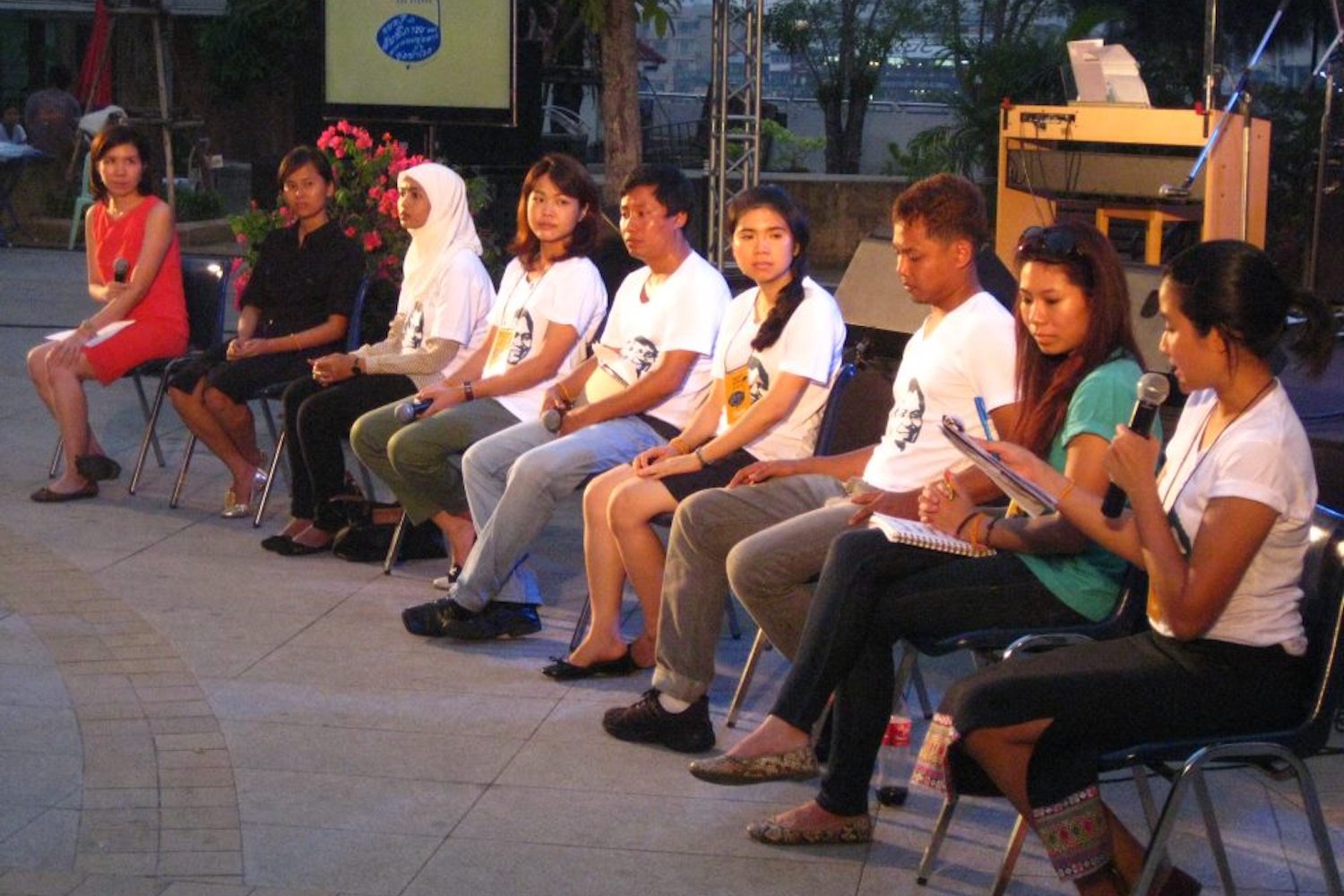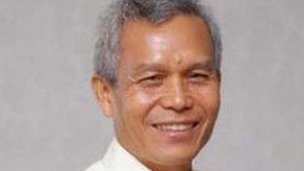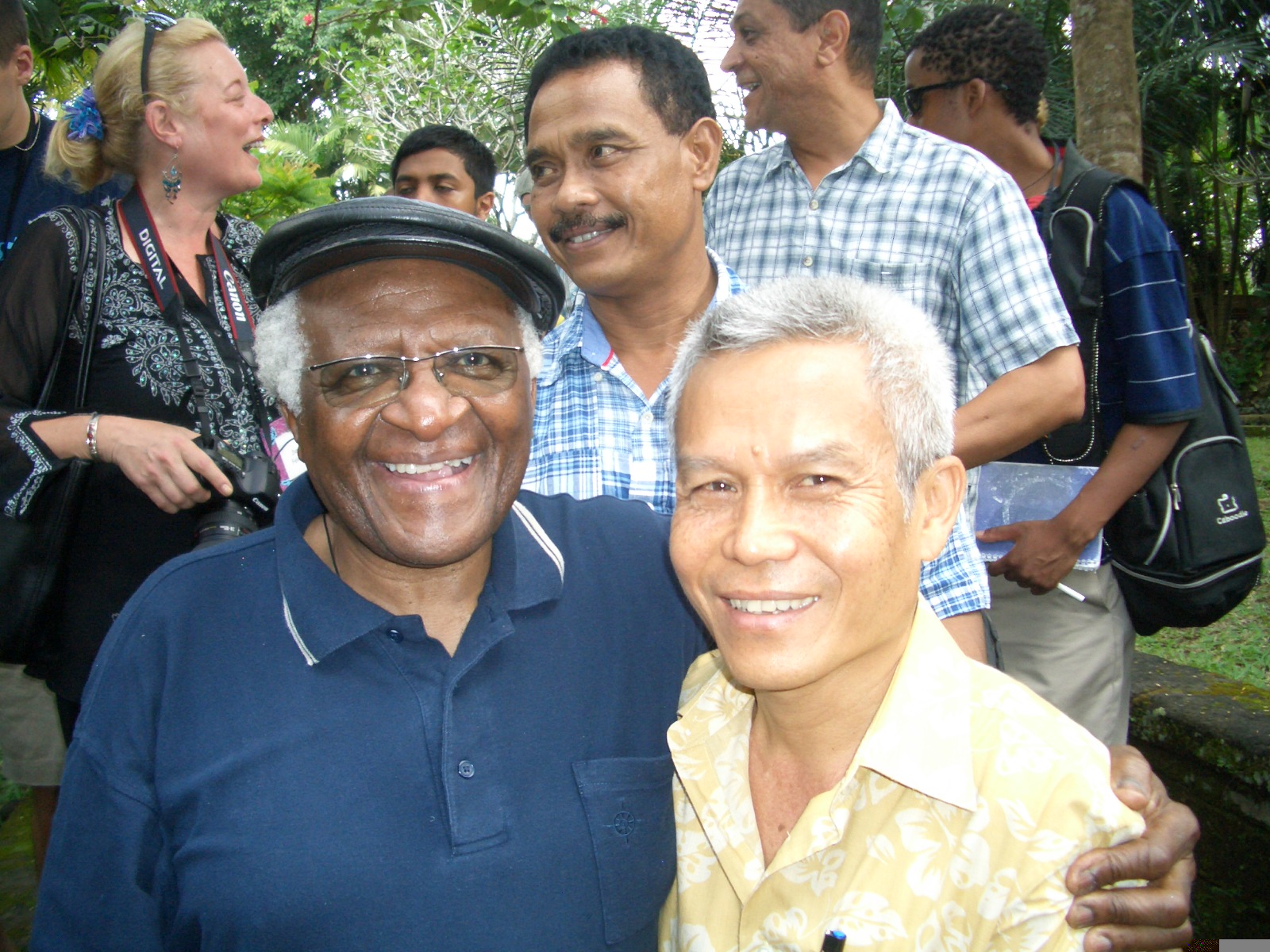Radio Free Asia: 26 March 2012
By Parameswaran Ponnudurai
 A 2005 photo of Sombath Somphone in the Philippines. AFP/Somphone family
A 2005 photo of Sombath Somphone in the Philippines. AFP/Somphone family
Are the authorities in Laos trying to cover up a carefully planned abduction of Sombath Somphone, the country’s most respected civil society leader?
It may seem so — going by the conduct of the one-party Communist government since he went missing on Dec. 15 last year.
As his disappearance reached its 100th day on Monday, the Lao government has yet to come up with a satisfactory report on the circumstances under which the 60-year-old highly respected community worker vanished after being stopped at a police checkpoint in the capital, Vientiane.
“Observers can’t help but think its continuing refusal to release its findings is a cover-up for something,” said Murray Hiebert, deputy director of the Southeast Asia Program at the Center for Strategic and International Studies (CSIS) in Washington.
“The Lao government needs to quickly make public the findings of its investigation into what happened to Sombath,” he said.
The activist’s disappearance “sends a chill through civil society and nongovernmental organizations operating in Laos,” said Heibert, who had worked on development issues in Laos in the 1970s when he first met Sombath, a U.S.-educated agronomist.
Not only has the Lao government failed to acknowledge any responsibility for Sombath’s disappearance, it has also turned down international requests to provide any assistance in the investigations.
This has raised concerns that the case represents the beginning of a state crackdown on dissenting voices.
“One hundred days have passed since Sombath’s abduction and two things remain constant—there is no sign of Sombath, and the Lao government’s assertions and claims regarding his disappearance still totally lack credibility,” said Phil Robertson, Deputy Director of New York-based Human Rights Watch’s Asia Division.
“The Lao government should recognize they cannot play for time because the international community’s interest in this issue is not going to diminish,” he said. Continue reading “Laos Feels Heat Over Missing Activist's Case”







